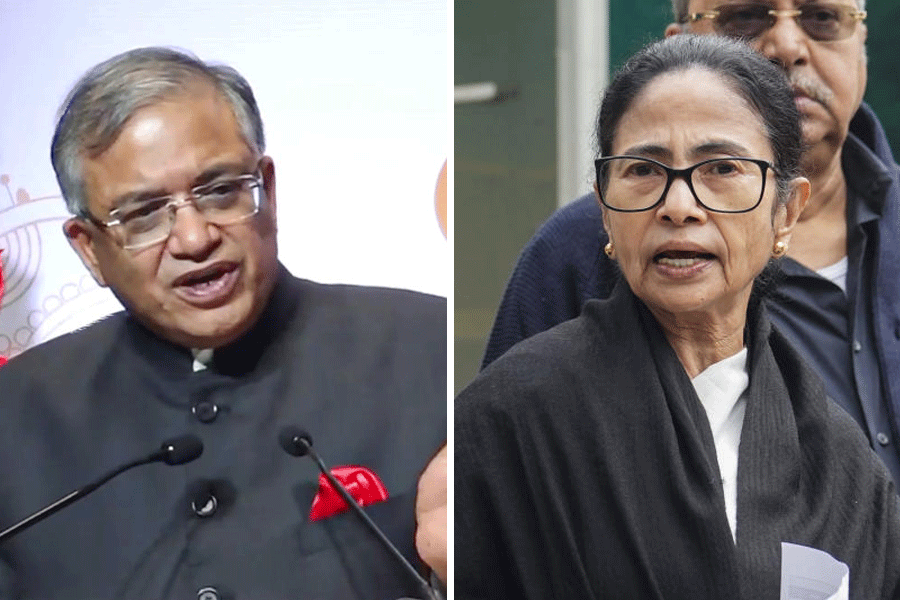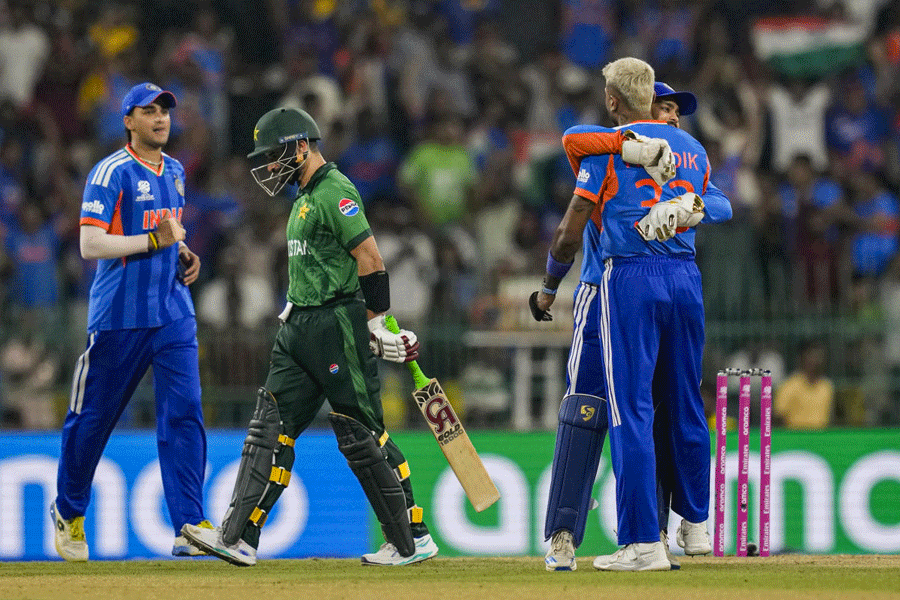The non-aligned movement almost died recently. The newly elected government of Bangladesh, which was to host the next NAM summit in Dhaka, refused to do so. It reiterated that NAM's importance had diminished and therefore there was hardly any point in holding a summit. India, which was one of the three countries that had been instrumental in the formation of NAM, offered to host the summit next year in the face of overwhelming reluctance of other member countries to do so. However, Jordan volunteered in the end and the offer was gratefully accepted by the foreign ministers of the non-aligned countries who met recently in New York.
The attitude of Bangladesh is in sharp contrast to that of most countries some years back when each were eager to become part of NAM. Becoming a member afforded a country the opportunity to represent the movement for three years. Holding a NAM summit was not only considered to be highly prestigious but it also indicated expert security management as some of the world's most controversial and high profile leaders like Fidel Castro, Muammar Gaddafi and Yasser Arafat attended these summits. Holding the summit will be a unique experience for Jordan which has never played host to a NAM summit. The summit will also be a major landmark in the reign of the new monarch of Jordan who would have to receive many heads of state.
Stand together
The importance of NAM had begun to decrease after the end of the Cold War and the subsequent collapse of the Soviet Union. The world has now been reduced to the machinations of one superpower. When the idea of the movement was first floated in 1956 by the three founders - India, Egypt and Yugoslavia - the idea was to help the less powerful nations withstand the influence of the two superpowers who were fighting each other. These countries did not want to be part of either bloc. They preferred to judge an issue independently and give their opinion. However, standing together did not necessarily mean that they had to formulate a common policy.
The yardstick for membership was that a non-aligned country should not be part of any alliance, much less a military one. This clause disqualified Pakistan as it was a member of the Baghdad Pact. Similarly, France and Germany, who were members of the North Atlantic Treaty Organization, stood disqualified for NAM.
The number of member countries steadily increased and it crossed the 100 mark in the last 1998 summit in South Africa. As more and more African countries gained independence, most claimed to be non-aligned. Eventually, even countries like Saudi Arabia which were close to the Western bloc joined it.
Flying movement
The movement also refused to call itself an alliance or a bloc and therefore did not have its headquarters in any country. No undue importance was given to any particular member. NAM did not even have a permanent secretariat, although the issue came up at every summit.
The critics of the movement branded it as a 'debating society', something that has also been said about the United Nations. They maintained that the movement did not have the power to implement the resolutions that were passed by it. Further, most of the countries had the same level of economic development. As a result, they remained dependent on the developed world for economic aid.
After the end of the Cold War, many countries called for the end of the movement on grounds that it had ceased to be relevant. Thus in the next summit meeting in Jordan, it is pertinent that member countries ask themselves what they can do to make the movement more relevant. They could think of changing the name of the movement and help developing countries campaign for a better economic order. The movement can also become a platform for disarmament and spread the message against terrorism and religious fundamentalism. One is sure that in the aftermath of the September 11 attacks, the developed world would appreciate its future contribution towards world peace.
 Monday, 16 February 2026
Monday, 16 February 2026









